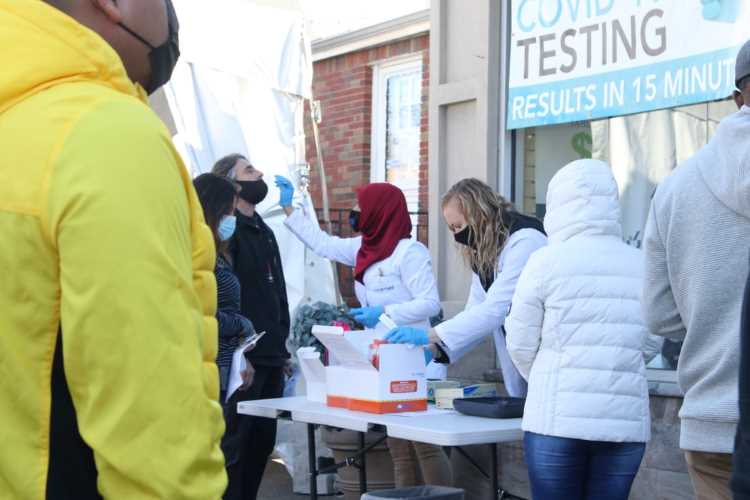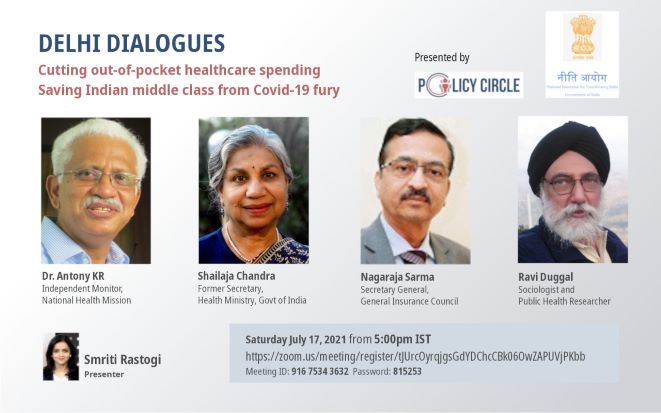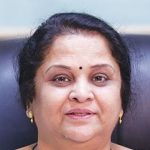
Covid-19 response needs wider consultations: A lot of confusion was created in the first two waves of the pandemic about what should be the treatment protocol to follow. So, coming up with a treatment protocol, medicines, and controlling regulatory factors that take care that no spurious medicines and no overcharging takes place. First of all, let me welcome the panelists who have agreed to speak at the inaugural episode of Delhi Dialogues. I congratulate Policy Circle for bringing together a wonderful lineup of speakers for this live discussion.
I am happy with Policy Circle’s initiative to create an apolitical platform to discuss some pressing policy and governance issues, as we live in the midst of disharmony. As citizens of India, we want the country to grow at a rapid pace to achieve its potential to become a global economic powerhouse. They cannot be achieved without meaningful dialogue between different sides of economic and social divides. It is very important to engage the best brains of the country to discuss policies and come up with solutions to the vexed issues that plague out economy, society and polity.
When we engage with the top intellects of the country who are experienced and successful contributors to nation building, we can expect great results towards supporting policy makers and political executive. The deliberations at Delhi Dialogues should be published by Policy Circle and submitted to the authorities as suggestions from the enlightened few. I wish the Policy Circle great success in this endeavour.
READ I Steel industry must focus on efficient use of co-products

Join the webinar today at 5 pm using this link: https://zoom.us/meeting/register/tJUrcOyrqjgsGdYDChcCBk06OwZAPUVjPKbb
India’s Covid-19 response
Let’s come to the topic of the day. The Covid-19 pandemic has highlighted the importance of public health systems in tackling health emergencies. The hierarchical public health system starting with PHCs contributed in a big way during the Covid-19 pandemic along with the private sector. It is equally important that we work to improve the system for the future. As we focus our energies on vaccination, it is important to ensure that nobody is left out and we are able to reach the remotest corner of the country. We have demonstrated in the past that we are capable, but this time it is a tougher task because of the limited time frame available to complete the vaccination.
The second focus area is making policies that can pre-empt pandemics in future by focusing on preventive measures like vaccination and sensitisation of people. The impact of the second wave of the pandemic was accentuated by people crowding in places without masks, and without keeping physical distancing measures prescribed by the government. The third area that needs policy makers’ attention is how to tackle the third wave of the pandemic and what should be the curative measures. Ensuring that beds and oxygen is not in short supply, and coming up with protocols to treat the pandemic are key concerns here.
A lot of confusion was created in the first two waves of the pandemic about what should be the treatment protocol to follow. So, coming up with a treatment protocol, medicines, and controlling regulatory factors that take care that no spurious medicines and no overcharging takes place.
For today’s discussion, we have a wonderful panel of guests. I am happy that Dr Antony and the other speakers are known for their clear views on these matters. I am sure that today’s deliberations will give valuable inputs on this issue for medical practitioners and policy makers alike. I am also thankful to Niti Aayog for supporting this effort as its presence will ensure that the deliberations of this discussions will reach a larger audience of policy makers, medical practitioners and frontline health workers engaged in fighting the pandemic. I will end by words by once again congratulating Policy Circle and the speakers for deciding to choose this important topic for discussion today.
(Dr Aruna Sharma is a Delhi-based economist and policy analyst. She is an Indian Administrative Service officer of the 1982 batch. In 2018, she retired as secretary, ministry of steel, government of India.)
Dr Aruna Sharma is a New Delhi-based development economist. She is a 1982-batch Indian Administrative Service officer. She retired as steel secretary in 2018.


